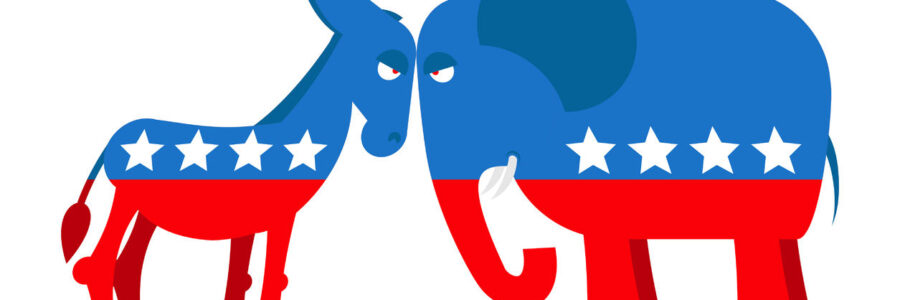Elections often produce market volatility because markets hate uncertainty, and there is nothing certain about the outcome of the U.S. election. Election-induced volatility, however, often is relatively short-lived.
Remember, the downturn that followed the British vote to leave the European Union? Globally, markets lost about $3 trillion in two days following the late June vote. By the Fourth of July, many markets had recovered lost ground and made new gains, according to Financial Times.
So, what may happen after U.S. elections? Here are some thoughts:
“In the event of a very narrow Clinton win, it is all but guaranteed that Trump would claim the election had been “rigged” and would challenge the result via the courts. Civil disorder is also possible. Under those circumstances, the infamous 2000 election suggests that the uncertainty could persist for at least a month and could weigh heavily on the stock market during that time. It was not until December 12, more than a month after polling day, that a Supreme Court ruling effectively handed the 2000 election to George W. Bush.”
–Paul Ashworth, Capital Economics, cited by Barron’s
“After the silly season is over on November 8, about half the country will be elated and nearly half will be scared. And, both groups, research shows, are likely to tweak their investments accordingly. That’s when things really get risky. The key to your success this year is understanding that your emotional reaction to the election – not who actually wins it – is what truly matters.”
–Taylor Teppler, Time.com/Money
“Successful investors understand that markets are always moving, and there’s really no way to avoid the volatility that can come from uncertainty – even when it’s caused by a contentious political campaign. The trick is to create a portfolio that includes a diverse mix of assets and is based on your investing time frame and risk tolerance.”
—Schwab Survey: Investors Who Plan Don’t Fear Election Volatility
Markets may get bouncy following the election. That doesn’t change your long-term financial goals. If a portfolio review would help settle your election jitters, you may want to contact your financial professional.




